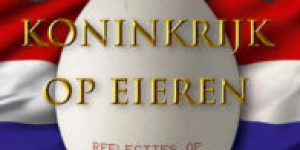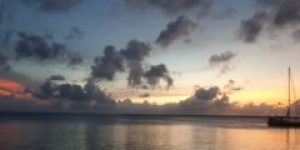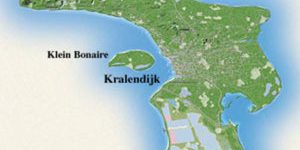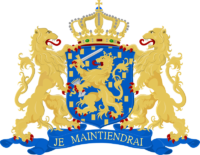KNAW Huygens ING ~ The Dutch In The Caribbean World, C. 1670-C. 1870
No comments yet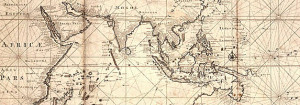 This project offers a research tool in two parts:
This project offers a research tool in two parts:
a) a guide to archival sources on the Dutch colonies in the Caribbean World and
b) a summary of the relevant laws and regulations of the period.
ARCHIVES
Search the archival sources on the Dutch colonies in the Caribbean World.
CREATORS
Search creators of the archives on the Dutch colonies in the Caribbean World.
LEGISLATION
Search the legislation about the slavery and multicultural relations in the Dutch colonies.
Go to: http://dutch-caribbean.huygens.knaw.nl/
About the project:
After experiencing many wars, the Dutch possessions in the West Indies entered a much more quiet period from the 1670s onwards. In the Caribbean the Dutch possessions concerned a few islands of the Antilles (Curaçao, Aruba, Bonaire, St. Martin, St. Eustatius and Saba) and some of the great estuaries on the Wild Coast, including the rivers nearby (Suriname, Berbice, Essequibo and Demerara).
As a result of the wars in the wake of the French Revolution, after a long British interregnum, the colonies of Berbice, Essequibo and Demarara were lost to the Dutch by treaty in 1814. Later on the separate areas merged to become British Guiana. Within these colonies a whole social fabric of multicultural relations took shape. The society became rather stratified, and social status became defined by clear conventions about class, colour and religion. The phenomenon of slavery played a central role in this formation. In the remaining Dutch colonies after 1814, slavery as such was only abolished in 1863, but in Suriname the former slaves still had to carry out, under government supervision, paid work on a plantation of their own choice for a period of ten years. The period between 1670 and 1870 can be called the ‘classic era’ of the Dutch colonial presence in the Caribbean world. A separate description of the government administration and justice for this period can be consulted in Han Jordaan and Marijcke Schillings, ‘Organisatie van bestuur en rechtspraak in de Nederlandse Caraïbische wereld’.
You May Also Like
Comments
Leave a Reply



